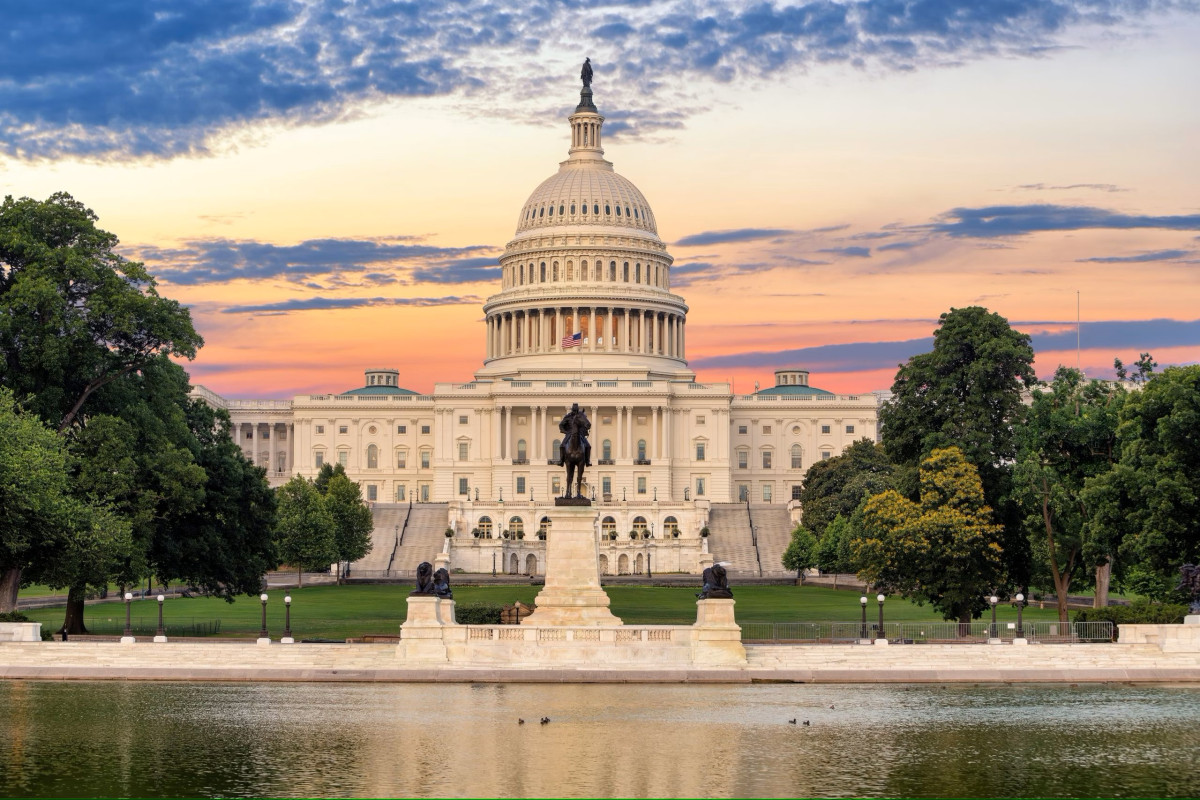Congresswoman Bynum Rejects Republicans’ “Big, Beautiful Bill,” Calls it “Trash”

Washington, DC – Today, Congresswoman Janelle Bynum (OR-05) voted against H.R. 1, the “One Big Beautiful Bill Act.” The bill, put forth by House Republicans, strips nearly 14 million Americans of healthcare and puts millions of people at risk of losing access to their Supplemental Nutrition Assistance Program (SNAP) benefits. It jeopardizes access to Medicaid, a program relied on by over 187,000 in Oregon’s Fifth, including 71,000 kids, and will threaten 85,000 people’s ability to put food on the table.
During the Rules Committee’s consideration of the bill before the vote, Rep. Bynum introduced six amendments in an effort to make the “trash bill” less harmful to Oregonians, lower healthcare costs, and protect SNAP benefits. She spoke in support of her amendments and against the bill. All of her amendments were voted down by Republicans on the committee. In part, she said:
“I want to start off by saying just how laughable it is to be calling this bill ‘beautiful’ – and I’d like to replace that word with TRASH,” said Rep. Bynum. “It’s a trash bill, and here’s why: It’s a bill that threatens $300 billion in cuts to food assistance. It’s a bill that puts healthcare further and further out of reach for nearly 14 million people. It’s a bill that will make it so families have to choose between putting food on the table or filling a prescription. It’s a bill that does nothing to lower costs or address the housing crisis…”
“So now I ask my Republican colleagues on this committee: are you? Are you willing to protect our students and our families? Are you willing to make healthcare more affordable and more accessible? Are you willing to work to lower costs for your constituents? And if so, I look forward to you supporting my amendments.”
You can watch her full testimony here.
The amendments introduced by Rep. Bynum are as follows:
- Amendment 17 – Protects Student Borrows. This amendment ensures that the Consumer Financial Protection Bureau (CFPB) retains current funding for the purpose of ensuring student borrowers are protected.
- Amendment 18 – Protects Retirees. This amendment delays the transfer of the Public Company Accounting Oversight Board (PCAOB) to the U.S. Securities and Exchange Commission (SEC) until the SEC certifies that retirement savers (e.g., 401(k) investors) will not be exposed to greater financial reporting risks from this bill.
- Amendment 48 – Protects Digital Product Consumers. This amendment creates a carve-out from broader funding restrictions or reallocations in the underlying bill, ensuring that funds transferred to the Consumer Financial Protection Bureau (CFPB) can be used for the purpose of issuing interpretive guidance clarifying how the Electronic Fund Transfer Act (EFTA) and related consumer payment protections apply to new and emerging digital payment mechanisms, including those used in video gaming platforms.
- Amendment 49 – Protects All American Consumers. This amendment ensures that Consumer Financial Protection Bureau (CFPB) rollbacks and funding cuts cannot take effect unless Treasury certifies within 30 days that fees and other financing costs will be reduced for every consumer financial product.
- Amendment 140 – Protects Health Care Recipients. This amendment codifies non-commercial health plan's maximum out-of-pocket limit and actuarial value methodology under current regulations which helps lower out-of-pocket costs for consumers.
- Amendment 141 – The Protecting Families from Inflation Act. This amendment requires the Board of Governors of the Federal Reserve System to conduct a study on the impact tariffs have on the cost of goods and services.
Rep. Bynum also co-sponsored an amendment to strike the section of the bill that expands SNAP work requirements to seniors (ages 55–65).
Background:
According to a nonpartisan analysis released by the Congressional Budget Office (CBO), the Republicans’ budget would cause nearly 14 million Americans to lose their healthcare and cut $300 billion from food assistance programs like SNAP. A second analysis released by the CBO showed the budget would cut household incomes for the bottom 10% of the income distribution by 4%, while increasing household incomes for the top 10%.
###